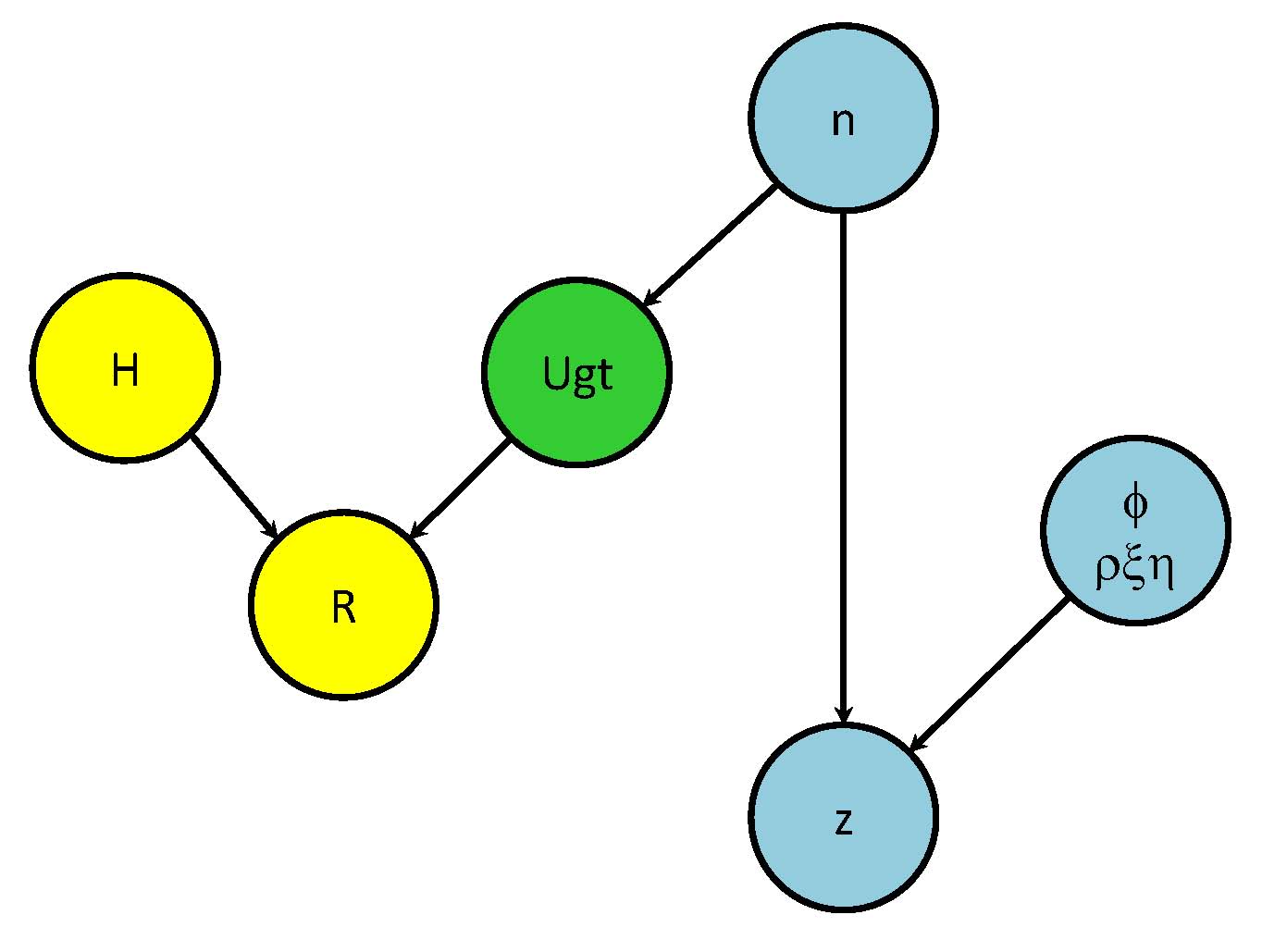Back to Home | Research| Software

Download and installation instructions:
- KinMixLite 2.1: latest freeware version that is independent of Hugin
- KinMix 2.1: latest Hugin-based version
- KinMixLite 2.0: superseded freeware version that is independent of Hugin
- KinMix 2.0: superseded Hugin-based version
- KinMix 1.0: now-redundant early version
These webpages provide downloads for the code used in the three papers cited below, with example datasets and outputs.
Inference about complex relationships using peak height data from DNA mixtures, by Peter J. Green and Julia Mortera (version 4, February 2021 revision); also on arXiv. Applied Statistics, 70, 1049-1082 (2021). Associated R package and User guide: KinMix.
Casework applications of probabilistic genotyping methods for DNA mixtures that allow relationships between contributors, by Peter J. Green, Julia Mortera and Lourdes Prieto (2021), to appear in Forensic Science International: Genetics; also on arXiv.
Paternity testing and other inference about relationships from DNA mixtures, by Peter J. Green and Julia Mortera (revised January 2017). Forensic Science International: Genetics. http://dx.doi.org/10.1016/j.fsigen.2017.02.001. On arXiv: http://arxiv.org/abs/1609.09638.
Abstract of 2020/2021 paper: In both criminal cases and civil cases there is an increasing demand for the analysis of DNA mixtures involving relationships. The goal might be, for example, to identify the contributors to a DNA mixture where the donors may be related, or to infer the relationship between individuals based on a mixture.
This paper introduces an approach to modelling and computation for DNA mixtures involving contributors with arbitrarily complex relationships. It builds on an extension of Jacquard’s condensed coefficients of identity, to specify and compute with joint relationships, not only pairwise ones, including the possibility of inbreeding. The methodology developed is applied in a casework example involving a missing person, and simulation studies of performance, in which the ability of the methodology to recover complex relationship information from synthetic data with known ‘true’ family structure is examined.
The methods used to analyse the examples are implemented in the new KinMix R package, that extends the DNAmixtures package to allow for modelling DNA mixtures with related contributors. KinMix inherits from DNAmixtures the capacity to deal with mixtures with many contributors, in a time- and space-efficient way.
Abstract of 2017 paper: We present methods for inference about relationships between contributors to a DNA mixture and other individuals of known genotype: a basic example would be testing whether a contributor to a mixture is the father of a child of known genotype. The evidence for such a relationship is evaluated as the likelihood ratio for the specified relationship versus the alternative that there is no such relationship. We analyse real casework examples from a criminal case and a disputed paternity case; in both examples part of the evidence was from a DNA mixture. DNA samples are of varying quality and therefore present challenging problems in interpretation.
Our methods are based on a recent statistical model for DNA mixtures, in which a Bayesian network (BN) is used as a computational device; the present work builds on that approach, but makes more explicit use of the BN in the modelling. The R code for the analyses presented is freely available as supplementary material.
We show how additional information of specific genotypes relevant to the relationship under analysis greatly strengthens the resulting inference. We find that taking full account of the uncertainty inherent in a DNA mixture can yield likelihood ratios very close to what one would obtain if we had a single source DNA profile.
Furthermore, the methods can be readily extended to analyse different scenarios as our methods are not limited to the particular genotyping kits used in the examples, to the allele frequency databases used, to the numbers of contributors assumed, to the number of traces analysed simultaneously, nor to the specific hypotheses tested.